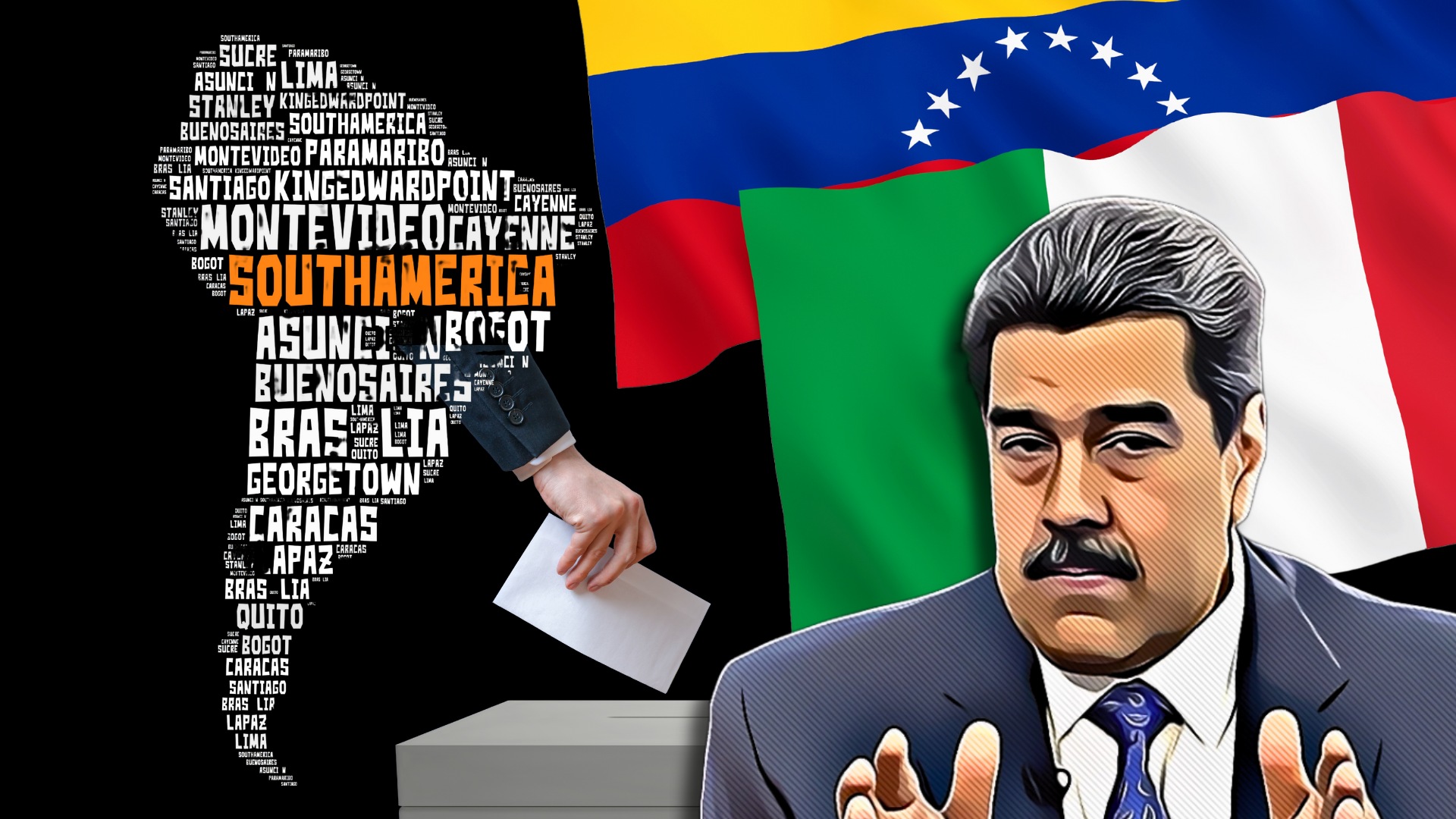The decision just taken by the Russian government to nationalize companies such as the Italian company Ariston or the German company Bosch is only the latest development in an ever-escalating multidimensional conflict. Shortly after the launch of the special military operation in Ukraine decided by the President of the Russian Federation Vladimir Putin in February 2022, the United States and its allies blocked any transactions involving the Russian Central Bank and the Ministry of Finance. Moreover, given that the Russian Bank, like all central banks, organized at least part of its reserves into liquid assets such as major currencies, the United States and its allies decided to block these reserves. The Russian Central Bank quickly confirmed that Russian assets worth about $300 billion had been frozen in the West, equivalent to half of its total foreign currency reserves. Since then, many different voices have proposed seizing these assets and using them to defend and rebuild Ukraine.
Read also: Italy-Brazil, Samba Energy
Russian reserves can provide the Ukrainians with support that seems too much today. Over the past two years, it is estimated that the United States and its allies have sent just under $300 billion in military, financial, and humanitarian aid to Ukraine. Seizing Russian reserves would thus have the effect of aiding Western governments in their resolve to continue supporting Ukraine over time, reducing the burden on taxpayers to date and, at least according to some, weakening President Putin by reducing support to date. him by Russian oligarchs.
Certainly, the policy of seizing Russian assets abroad is not a policy free of risks and controversies, given that such a step has only a few precedents and has long-term effects on the global financial system that depends on the confidence that property rights must be respected. , as international law stipulates, is far from certain. In particular, there are fears that more than one country, fearing for the safety of its dollar and euro reserves, will decide to convert them into currencies other than Western currencies, especially the Chinese renminbi.
If so, this reconversion would ultimately increase government borrowing costs, make combating financial crimes more difficult and make sanctions against the Russian Federation less effective. However, a few days ago, US President Joe Biden signed a law allowing him to seize Russian foreign exchange reserves after properly informing Congress.
For their part, Russian officials have repeatedly warned that confiscation of state assets in their country would lead to the confiscation of assets of foreign investors that Russian authorities have already banned. It is not clear what the true value of these assets is, but at least in appearance, they should be comparable to the value of Russian reserves held abroad.

“Reader. Travel maven. Student. Passionate tv junkie. Internet ninja. Twitter advocate. Web nerd. Bacon buff.”




